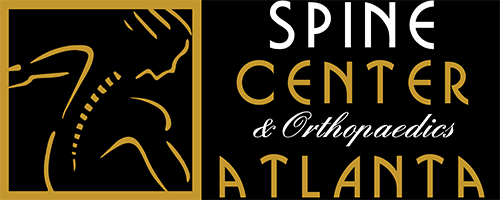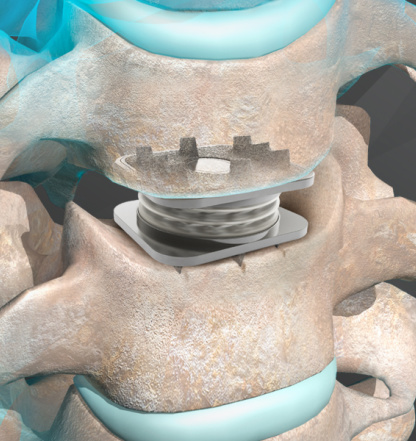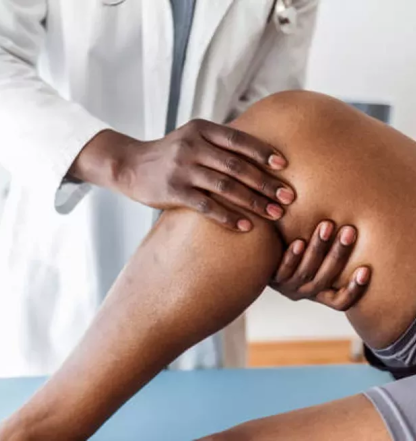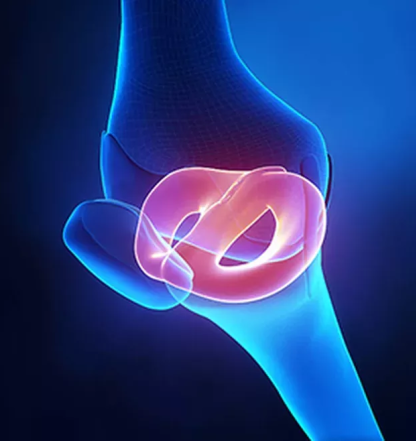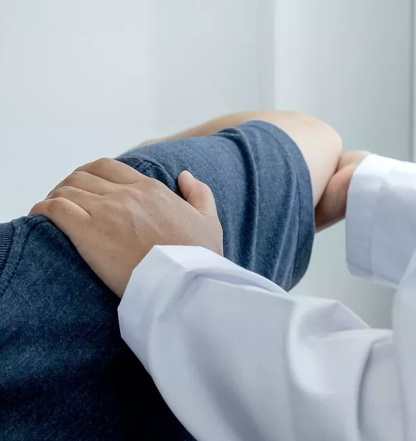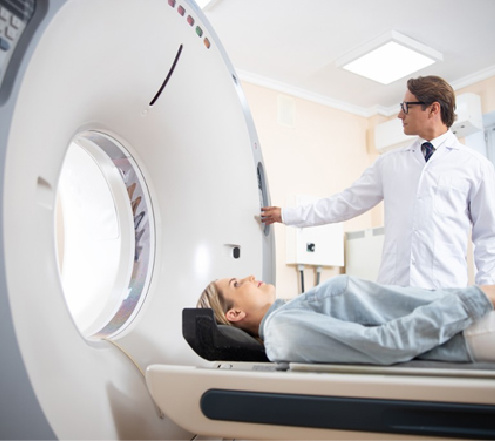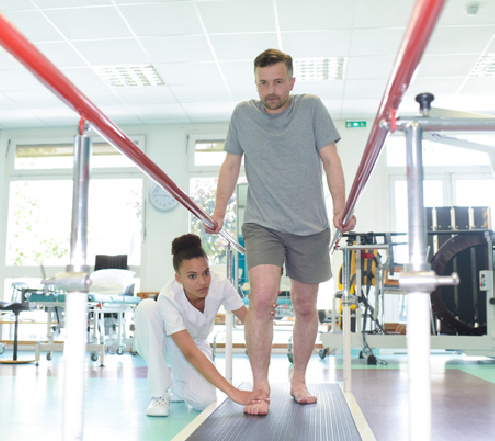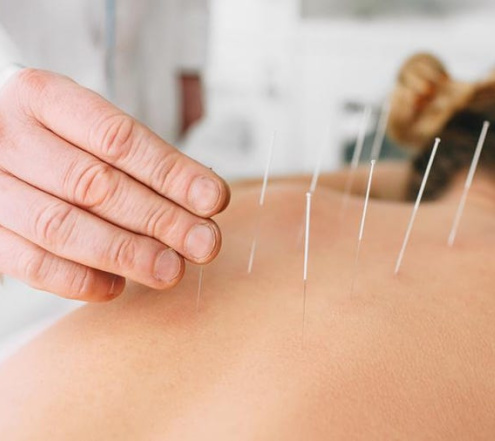You can’t always prevent degenerative disc disease, but you can minimize its effects on your spine. Check these facts about degenerative disc disease, the problems it causes, and how to stall its progression.
Spine Center Atlanta enjoys a well-earned reputation as a state-of-the-art surgical center that offers a wide range of advanced orthopedic services to multiple Georgia communities. However, despite their surgical expertise, the team prefers to solve your orthopedic problems long before surgery becomes necessary.
Read what the Spine Center specialists say about degenerative disc disease and what you can do to prevent it from threatening your mobility and quality of life.
Understanding degenerative disc disease
Intervertebral discs are circular structures that sit between the vertically stacked bones (vertebrae) of your spine. Each disc has a rubbery outer ring (annulus fibrosus) that surrounds and contains a softer, jelly-like core (nucleus pulposus).
Healthy discs act as cushions between the vertebrae and help hold the spine in proper alignment. Discs also help maintain the spine’s limited mobility, keeping it flexible enough to bend without breaking.
As you age, spinal discs naturally thin and dry out. This degenerative process reduces their cushioning effect and may interfere with spinal stability. The outer disc ring may also crack, allowing the jelly-like center to protrude (herniate) through the annulus fibrosus.
A herniated disc can kick-start an inflammatory process that inflames and irritates nearby nerves, resulting in varying degrees of pain that can occur anywhere along the spine, but is most common in the neck and lower back.
Other potential back and neck problems associated with degenerative disc disease include:
- Osteoarthritis
- Spinal stenosis
- Sideways curvature of the spine (scoliosis)
- Slippage of a vertebra over the one below (spondylolisthesis)
- Vertebral stress fractures (spondylolysis)
While aging is the most likely cause of degenerative disc disease, muscle strains or other trauma-related spine problems can speed up the process.
Can you prevent degenerative disc disease?
Unfortunately, until doctors develop a cure for aging, you can’t completely prevent degenerative disc disease.
However, you can adopt many spine-friendly habits that will stall the onset or progression of degenerative disc disease. These lifestyle habits, designed to reduce daily wear and tear on your spine, include:
Exercise
Routine exercise is one of the healthiest habits you can adopt to maintain intervertebral disc health. An effective routine includes strengthening the core muscle groups that support and protect the spine. Stretching exercises are also vital to preserving flexibility and decreasing your risk of muscle, tendon, and ligamentous injuries.
Low-impact activities such as walking, swimming, and cycling are spine-friendly. Alternating high-impact exercise like running with low-impact activities throughout the week rests your back while maintaining the health benefits of aerobic exercise.
You may benefit from an evaluation at Spine Center Atlanta and guidance from our orthopedists and physical therapy team regarding the best exercise routines for your age, fitness level, and overall health.
Maintain a nutritionally sound diet and healthy weight
Excess weight significantly increases the risk of degenerative disc disease. Along with supporting weight loss, a nutritionally sound diet provides the nutrients your bones, joints, and spinal discs require for healthy function.
Find the right balance
Although a sedentary lifestyle increases your risk of disc disease, heavy manual labor can also lead to wear and tear changes in your muscles and joints. If your job keeps you lifting, twisting, or sitting for more hours than not, you can counter the effects by incorporating balance into your daily routine.
For instance, if you work at a desk, getting up periodically to stretch and take a quick walk can restore spinal alignment and improve circulation. On the other hand, if you engage in heavy manual labor, check with an expert to develop a balanced strength training program outside of work. This helps ensure that your leg, shoulder, back, and abdominal muscles work together as you lift, twist, or bend throughout the day.
Check your posture
Poor posture is a significant contributor to back and neck pain. It also throws your spinal bones, muscles, and joints out of alignment, forcing your discs to work harder to maintain structural stability. On the other hand, appropriate posture can stall the onset of degenerative disc disease.
Don’t assume you must live with the effects of degenerative disc disease. Instead, schedule an evaluation at Spine Center Atlanta today for preventive strategies or treatments that help preserve spine health. Call the office or request an appointment online.
